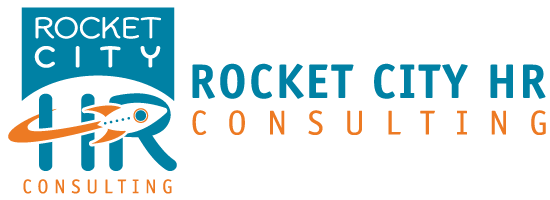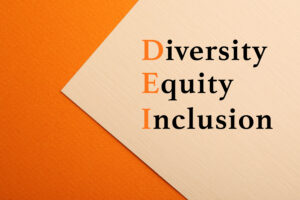AI is moving fast—and whether you’re ready or not, it’s already changing how businesses operate. From automating customer service to helping teams make smarter, data-driven decisions, artificial intelligence is becoming a powerful tool across every department. But here’s the truth: having the technology isn’t enough. The real value of AI depends on whether your people know how to use it.
Upskilling your workforce in AI isn’t just a “nice to have”—it’s becoming essential. Employees who understand how AI works (and more importantly, how to apply it in their day-to-day roles) are more efficient, more confident, and better equipped to solve complex problems. With the right training, they can automate repetitive tasks, draw insights from data faster, and streamline processes that used to take hours. The result is more time for strategic thinking—and a real edge in productivity.
But performance is only part of the picture. As AI becomes more common in the workplace, there’s also a growing need to use it responsibly. That means being aware of risks like biased algorithms, data privacy concerns, and the limitations of automation. When employees are trained not just in how to use AI, but how to question and manage it thoughtfully, your organization is better protected—and better positioned to earn trust from clients, stakeholders, and the public.
That’s where internal support functions like HR can play a key role. Whether it’s helping identify skill gaps, organizing role-specific training, or fostering a culture of continuous learning, HR can be instrumental in making sure AI upskilling is strategic, inclusive, and aligned with broader business goals. It’s about creating an environment where people feel equipped—not overwhelmed—by the tools being introduced.
Ultimately, investing in AI training isn’t just about keeping up with technology—it’s about preparing your people to lead with it. The businesses that thrive in the AI era won’t just have the latest tools—they’ll have teams that know how to make the most of them.
(Written with a little help from my AI friend, ChatGPT.
Sources:







